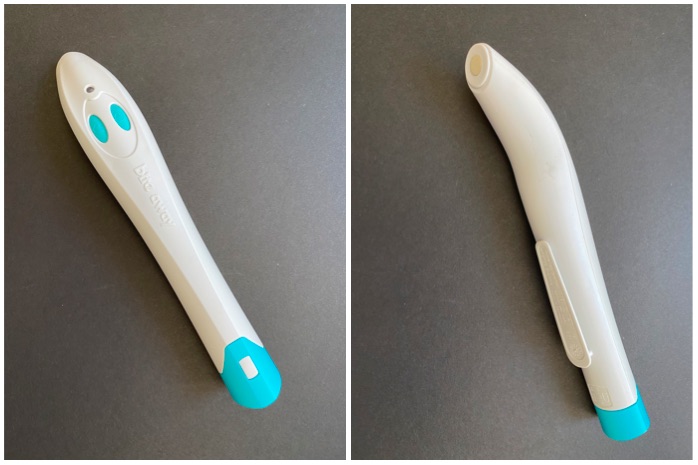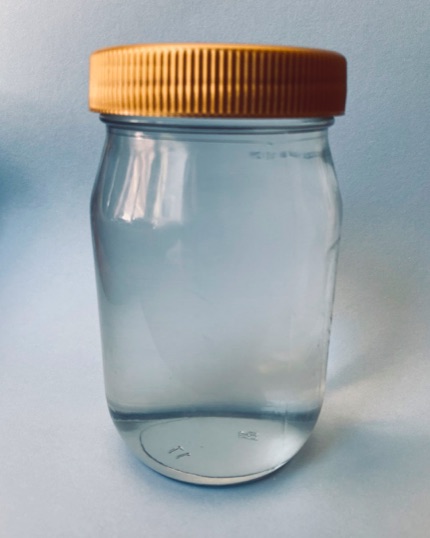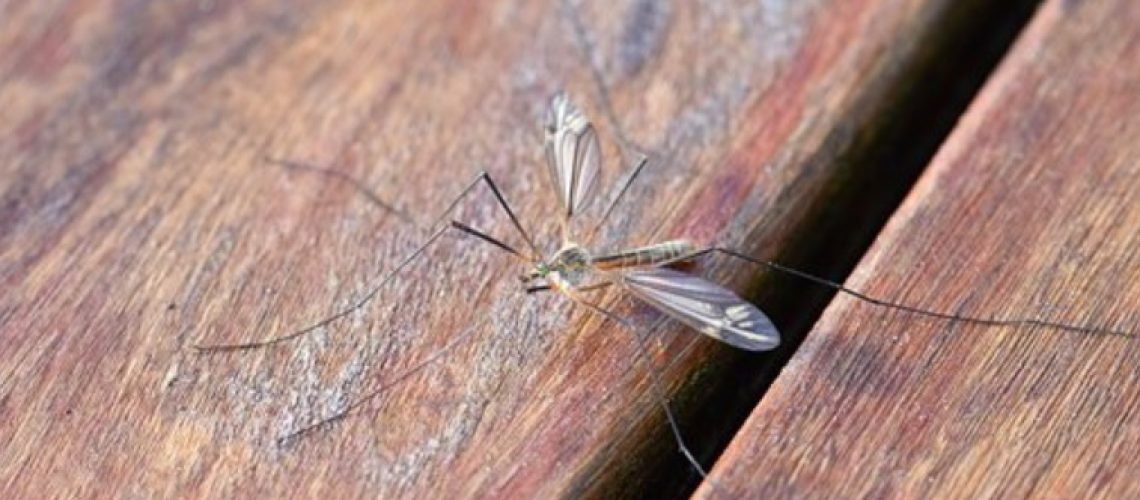One of the biggest annoyances about gardening is mosquito bites. Mosquitos seem to love me. On a trip to Australia’s Great Barrier Reef, I seemed to be the only one getting bitten in the group of 20. When camping with several others, I end up with several welts while no one else seems to be bothered. Needless to say, I have tried to find out what it is that makes some people mosquito magnets.
I read about blood types. Several studies have concluded that mosquitoes prefer type O blood. There are mixed conclusions about whether A or B come in second. It’s possible that the different outcomes are a result of the type of mosquitos studied. In any case, I am not a type O blood, so genetics should work to my advantage. However, it doesn’t appear to help.
Metabolic rate appears to be an issue in mosquito preference. If you have just exercised, are pregnant, or have a larger body, you may release more CO2 and in effect, more likely attract mosquitoes. To those points, when I have been feasted on by the offending mosquitos, I had not just exercised, wasn’t pregnant, and am not a large individual.
Next, I investigated food items I could consume that would decrease my attraction to mosquitos. I have choked down apple cider vinegar (but honestly could not sustain this change for longer than a couple of weeks). I took vitamin B12, then changed it to a vitamin B complex to make sure I have my bases covered. I regularly incorporate plenty of garlic, onions, basil, chili peppers, citrus, and tomatoes into my diet. I noticed that I would still get bitten, but less frequently, and not always the lone individual.
Mosquitos have become a problem in the suburban city in which we live. We do our part to minimize any sources of water for mosquito breeding, however, it requires a collective effort. And somehow, they have returned year after year once the weather warms up.
Upon recommendation from a friend, I purchased several bug zappers. We have tried the ultrasonic pest repeller, an electric zapper, and then one designed specifically to attract mosquitos using CO2. The DynaTrap Insect Trap (DT2000XLP) appears to be the most successful at reducing the mosquito population around the house, but there still seem to be a few of the ankle biters that stuck around. I’d prefer not to even have one mosquito bite!
The problem with even one bite for me is that the bites welt up to about 6 inches in diameter at times. I have had to seek medical care twice because the bites progressed into cellulitis. I was prescribed antibiotics and was at risk of being put on an IV antibiotic because the infection became relatively serious. I asked the doctor about home remedies to prevent this situation, short of just staying locked up inside the house during mosquito season. Even jeans don’t help; the mosquitos bite right through my clothing! His answer was to just keep the bitten area elevated and iced. However, this solution did not help when I wasn’t on antibiotics.
I kept searching. Eventually, I stumbled upon a better remedy! It sounds counterintuitive, but here it is: apply intense heat to mosquito bites! When mosquitoes bite, they inject proteins under your skin to keep your blood from clotting. The proteins cause itching, but these same proteins are deactivated at high temperatures. If any itching returns, I simply heat again for a few minutes.
When I am away from home, I carry a small device called the Bite Away Stick. One end of the stick heats up to 123 degrees F when one of the buttons is pushed. The buttons are preset to 3 seconds for the initial treatment and for more sensitive skin and 5 seconds for a regular application. You simply hold the heated pad against the mosquito bite.

However, at home, I simply boil some water, pour into a jar, wrap it with a towel and hold it against any bites as soon as possible.

I have found it is most effective to heat your bites right away, before the welts grow. I aim to heat any bites within minutes. However, intense heat has been effective at any stage. Since I’ve been heating the bites, there have been no more trips to the doctors for cellulitis. The welts stay small and do not itch, then the bump disappears within a week.


